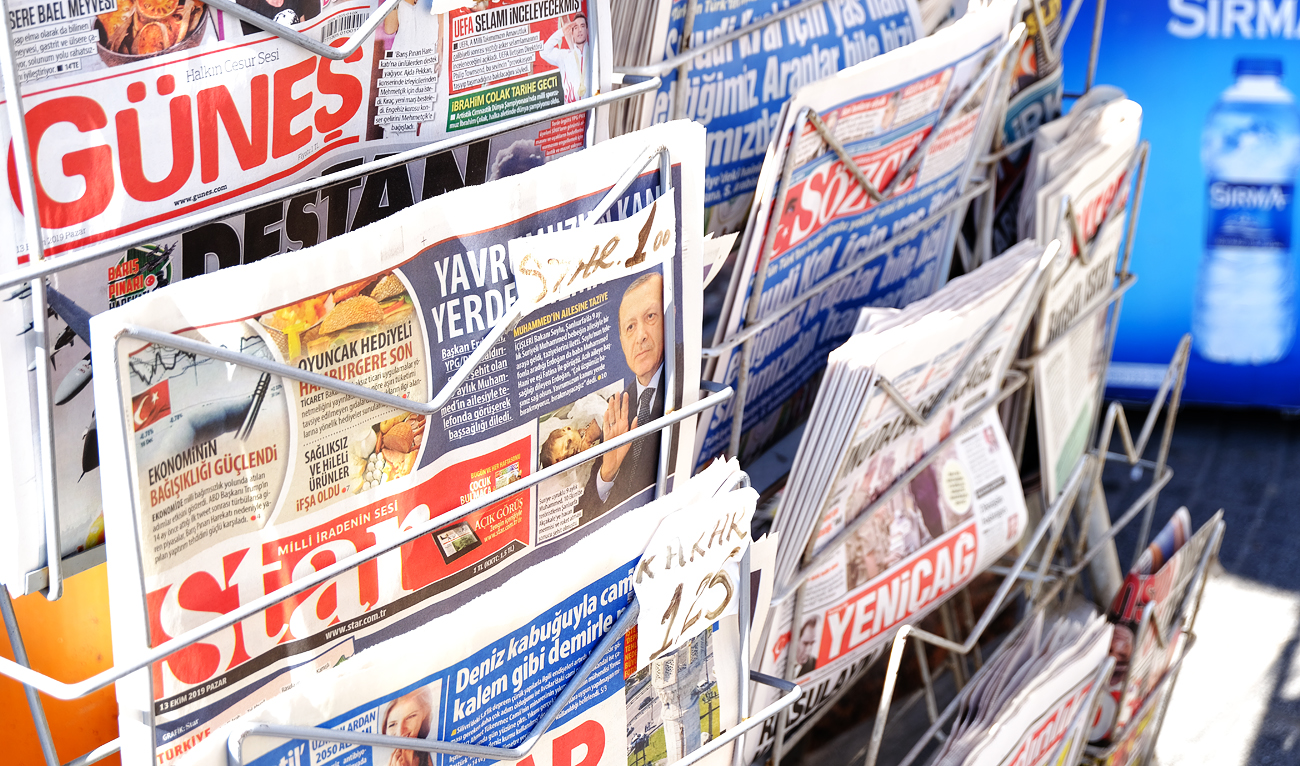Sultan Qaboos ushered in Oman renaissance, quiet diplomacy
DUBAI: Sultan Qaboos bin Said, who died late on Friday, transformed Oman during his 49-year reign from a poverty-stricken country torn by dissent into a prosperous state and an internationally trusted mediator for some of the region’s thorniest issues.
He became sultan in July 1970 in a palace coup with the aim of ending the country’s isolation and using its oil revenue for modernization and development.
Qaboos, 79, never publicly named a successor but secretly recorded his choice in a sealed letter should the royal family disagree on the succession line. “I have already written down two names, in descending order, and put them in sealed envelopes in two different regions,” he said in a 1997 interview.
His successor
State television said his cousin Haitham bin Tariq Al-Said was named sultan on Saturday after the high military council called on the ruling family council to choose a successor. The family had followed Qaboos’ written recommendation, believing in “his wisdom and vision,” a military council statement said.
State media did not disclose the cause of death. Qaboos, who has dominated decision making in the Gulf state for decades, had been ailing for years and was in Belgium in December for treatment.
“The immediate danger, perhaps, is that regional players may try to influence the outcome of succession or the chosen new leader,” said Simon Henderson, director of the Bernstein Program on Gulf and Energy Policy at the Washington Institute for Near East Policy.
“Iran will likely be opportunistic in how it plays its cards.”
Analysts worry about royal family discord, and a resurgence of tribal rivalries and political instability, now a new ruler was chosen at a time when young leaders have assumed power in neighboring Saudi Arabia and the UAE.
Qaboos healed old rifts in a country long divided between a conservative tribal interior and seafaring coastal region. He became known to his countrymen as “the renaissance,” investing billions of dollars of oil revenues in infrastructure and building one of the best-trained armed forces in the region.
While brooking no dissent at home, Qaboos charted an independent foreign policy, not taking sides in a Gulf rivalry.
Muscat kept ties with both Tehran and Baghdad during the 1980–88 Iran–Iraq War, and with Iran and the US after their diplomatic falling out in 1979.
Oman helped to mediate secret US-Iran talks in 2013 that led to a historic international nuclear pact two years later.
SPEEDREAD
• Sultan Qaboos healed old rifts in a country long divided between a conservative tribal interior and seafaring coastal region.
• Qaboos, 79, never publicly named a successor but recorded his choice in a sealed letter.
The white-bearded Qaboos met Israeli Prime Minister Benjamin Netanyahu in October 2018 on a rare visit to Oman. While other Gulf states have made overtures to Israel, none of their leaders have openly met with Netanyahu.
Al-Said dynasty
Qaboos, the eighth ruler of the Al-Said dynasty that governed Oman since 1744, was born on Nov. 18, 1940 in Dhofar.
In 1958, he headed to England to complete his education, strengthening historic ties between Britain and the Omani royal family. He studied for two years at the Royal Military Academy in Sandhurst and served six months in the British army in West Germany, returning to England in 1962 to study local government.
When oil exports began in 1967, Sultan Said, accustomed to tight financial constraints, was reluctant to spend on development.
Iran’s 1979 Islamic revolution directed Qaboos’ attention to the Strait of Hormuz, through which almost a fifth of global oil passes. He pledged to keep the strait open and in 1980 signed a deal to let US forces use Omani facilities for emergencies. In 1981, Qaboos began widening political participation and free elections for an advisory council were held in 2003.
Charismatic authority
When the “Arab Spring” protests started to threaten — and eventually topple — the leaders of Tunisia and Egypt in 2011, Qaboos took note and defused his own potential bombshell as protests broke out in Oman with promises of jobs and reforms.
He sacked more than a third of the Cabinet, created thousands of public sector jobs and paid a dividend to the unemployed, which the IMF said amounted to a quarter of Omanis.
However domestic challenges remain with high unemployment and the state increasingly relying on external borrowing as oil prices fell, pushing its credit rating to junk status.
“Sultan Qaboos had such charismatic authority and became so synonymous with Oman as a modern nation-state that it will naturally be difficult for any successor to replicate that, at least at the beginning,” Kristian Coates Ulrichsen of the Texas-based Rice University’s Baker Institute told Reuters.

Saudi Arabia, Arab countries and global leaders mourn death of Oman’s Sultan QaboosSultan Qaboos of Oman dies



